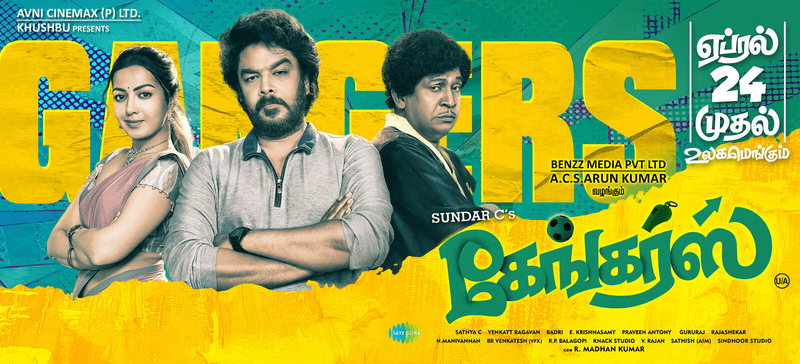“A game of chess with missing pieces.”
Introduction
Asthram attempts to weave an intricate mystery around a bizarre series of public suicides, linking them to the game of chess and a shadowy mastermind pulling the strings. However, despite its intriguing premise, the film falters due to clunky storytelling, heavy exposition, and underdeveloped characters.
Plot Overview
The story follows Inspector Akilan (Shaam), who is on medical leave due to a hand injury but insists on investigating a baffling case where multiple individuals—primarily chess players—stab themselves in public. His rookie partner, Sumanth, assists him in piecing together the puzzle. Their investigation leads them to an ancient book, Chess — The Secret, which delves into Japanese ritual suicide traditions.
As the mystery unravels, Akilan crosses paths with psychiatrist Rudhran (Nizhalgal Ravi), a wealthy businessman James (Jeeva Ravi), and his enigmatic son Martin (Videsh Anand). With each revelation, the case becomes more convoluted, raising questions about mind control, hypnotic influence, and the lengths to which the human psyche can be manipulated.
Execution & Narrative Issues
Director Aravind Rajagopal struggles to translate a compelling premise into an engaging thriller. Instead of letting the mystery unfold naturally, the film relies on excessive exposition, where characters verbalize their deductions as if reading straight from a crime novel. The second half leans too heavily on a psychiatrist’s extended flashback, which slows down the momentum rather than adding depth.
One of the biggest flaws is how the film handles the concept of hypnotic suggestion leading to ritual suicide. Unlike real-world psychological conditioning—such as the infamous Jonestown mass suicide, which the film references—the victims here simply show up in public and kill themselves without any groundwork establishing their mental manipulation. This weakens the film’s believability and tension.
Additionally, the background score is overwhelming, constantly signaling danger or urgency without allowing suspense to build organically. Instead of amplifying the eerie atmosphere, it becomes distracting and overbearing.

Performances & Characterization
Shaam as Inspector Akilan delivers a committed performance, but his character is underwritten, leaving little room for depth or emotional resonance.
Nira as Akilan’s wife gets screen time but serves mainly as domestic filler rather than contributing to the main narrative.
Nizhalgal Ravi as Rudhran stands out with a composed and restrained performance, adding gravitas to his role.
Videsh Anand as Martin plays the mysterious figure well but lacks the menace or intrigue needed to make him a truly compelling antagonist.
Technical Aspects
Cinematography captures the urban setting well but fails to enhance the film’s psychological thriller elements.
Editing could have been tighter, particularly in the second half, where lengthy explanations slow down the pacing.
Sound Design is intrusive, preventing moments of natural tension from developing.
Final Verdict
Asthram starts with a promising idea but ultimately gets lost in its own convoluted narrative. Instead of a gripping psychological thriller, it becomes an exercise in excessive explanation and missed opportunities. The film’s attempt at a high-concept mystery is overshadowed by poor execution, leaving the audience frustrated rather than engaged.
Verdict: “A game of chess with missing pieces.”










